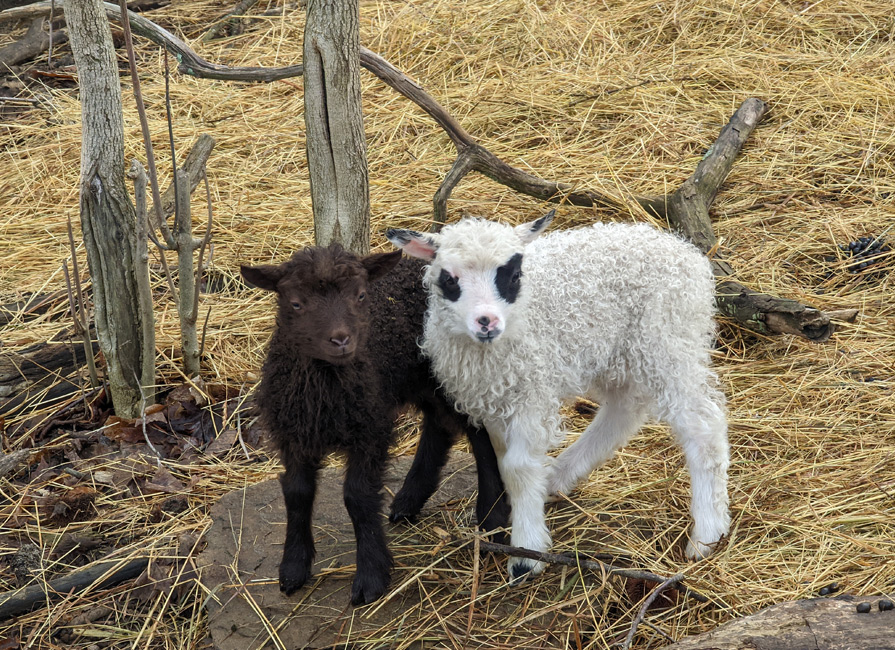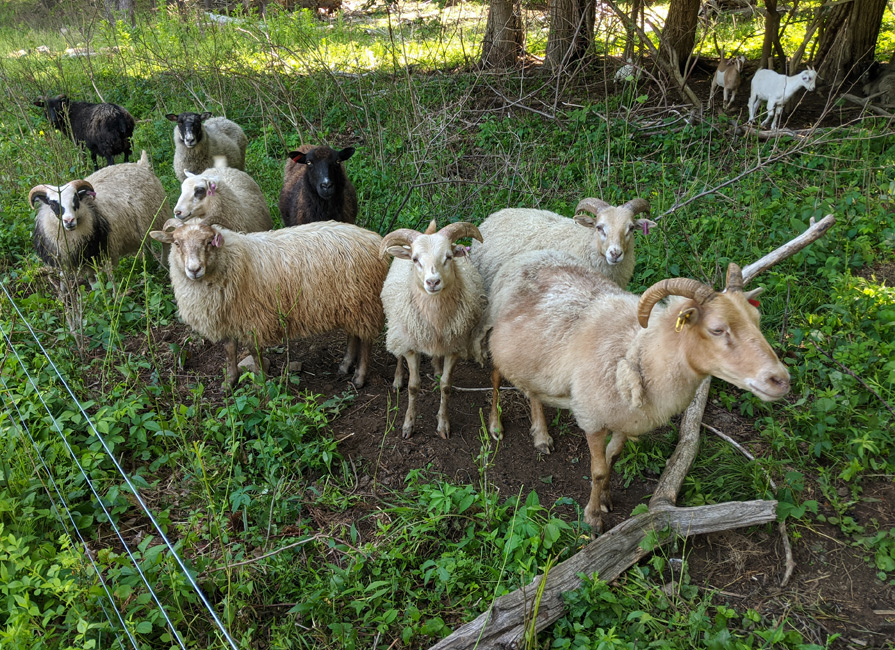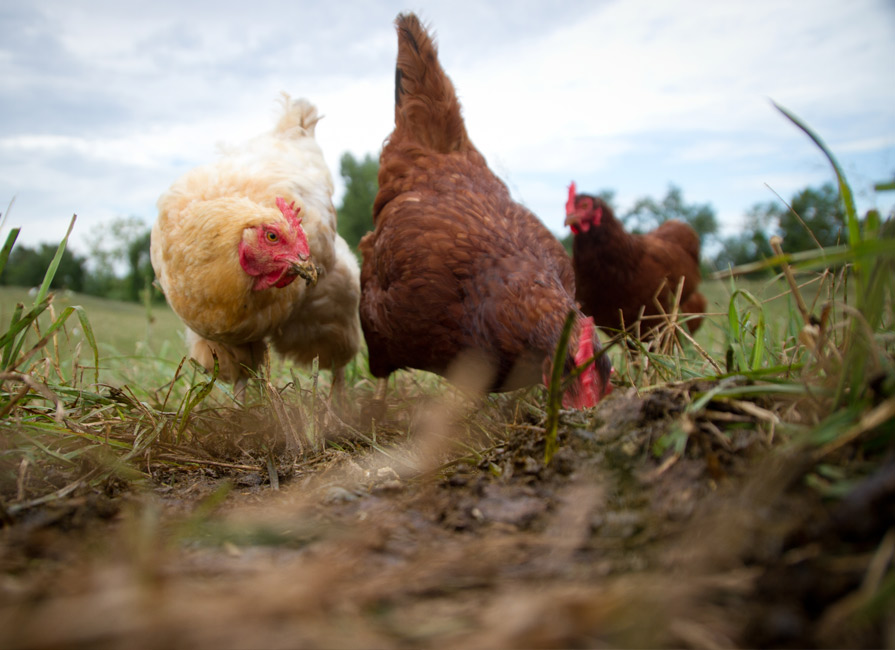Coccidiosis affects nearly all farmed species and can be particularly devastating for young animals. The…
From Beef to Eggs: Pasture-based Farming is the Healthier Choice
Some of you will hopefully have read my previous blogs on the benefits of grassfed beef. In particular, the fact that grassfed beef is not only good for animal welfare and the environment, but that it is also better for our health.
While scientists have now shown that cattle from feedlots are much more likely to carry the deadly E. coli O157:H7 (along with other unsavory food poisoning bugs), they have also conducted studies which found that cattle fed forage and grass diets did not carry E. coli pathogens that are known to be harmful to humans. So supporting grassfed beef operations – as championed by Animal Welfare Approved – is a great way to help ensure that America’s beef supply is better for the environment, as well as safer and healthier for you.
But here at AWA we are often asked if other naturally farmed products, such as pasture-raised eggs, are also better for our health. The good news is that scientific evidence overwhelmingly supports our argument that pasture-raised is better for you.
Salmonella: the scourge of the industrially raised egg
Chickens are one of the most familiar intensively farmed animals. It is estimated that more than 60% of the world’s eggs are currently produced in industrial systems, mostly using battery cages [source: CIWF]. It is a biological fact that if you keep animals in large numbers in a confined environment then pests and diseases will inevitably spread more easily – and this is certainly the case for intensive chicken production, where overcrowded and unhygienic conditions only heighten the risks of disease outbreaks.
The trouble is that some of these poultry diseases can also cause illness in humans; perhaps the most well-known is salmonella, a leading cause of food poisoning in the western world. Indeed, the U.S. Food and Drug Administration (FDA) currently estimates that 142,000 illnesses each year are caused by consuming raw or undercooked eggs contaminated with Salmonella enteritidis, a particularly nasty bug which can be very serious, even life-threatening, for the very young, the elderly, and those with poor health.
Intensive eggs: a risky business
Eggs are contaminated with the salmonella bug from infected laying hens, which pass the salmonella bacteria into their eggs before they are laid. On the farm, the disease generally passes from bird to bird through infected fecal matter and dust. As laying hens are so closely confined in intensive farming systems the risk of cross-contamination is very high. And despite claims of high biosecurity and hygiene practices, scientists have also found extensive salmonella contamination on walls, feeders, drinkers, floors, and feed on intensive poultry farms.
Numerous studies have shown that eggs from intensive systems are more likely to contain salmonella than eggs from free-range systems. For example, a study published in the American Journal of Epidemiology in 2002 found that people who ate raw or undercooked eggs from caged hens were twice more likely to contract salmonella food poisoning as those who did not eat eggs from caged hens. A study of over 5,000 commercial large-scale egg laying units in Europe in 2004–2005 clearly shows a greater risk of salmonella in caged hens when compared with barn, free-range and organic hens. Similarly, a study in 2007 showed that 23.4% of farms with caged hens tested positive for salmonella, compared to 6.5% in free-range flocks. This research also showed that the highest prevalence of salmonella occurred in the biggest industrial type farms.
We are what we eat
Every year, absurd sums of money are spent on the never-ending war to eliminate diseases like salmonella and E. coli from intensive livestock farms. Across the U.S., increasing numbers of farms now utilize complex vaccination programs, antibiotic regimes and high biosecurity systems which would put many of our hospitals to shame. Yet a growing body of scientific evidence now suggests that the problem is actually much closer to home. The reality is that, by their very nature, intensive farming systems are actually more likely to make animals sick.
There’s an old farming saying that pests and diseases should be seen as Mother Nature’s indicators of something having gone wrong in the farming system; they are a symptom, rather than a cause. Intensive farming is a case of fixing a system that wasn’t broken to begin with and now we are all paying the price.



